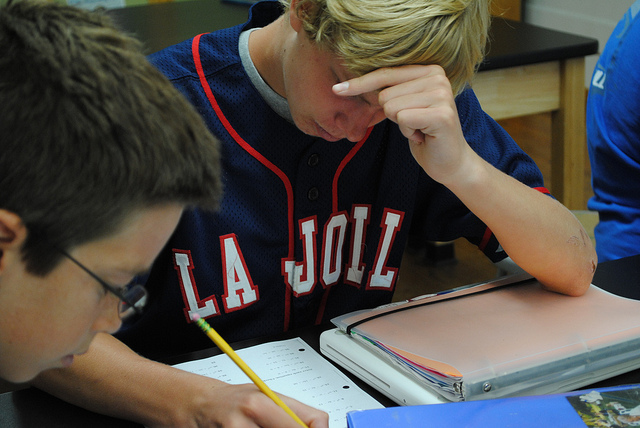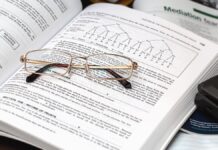This article was originally published on Ciennce.
Mathematics is an important part of modern society. Science and engineering are hard to imagine without mathematics, and even simple things such as calculating the cost of groceries involve mathematics. So, it’s not strange to stop and wonder what mathematics is. That turns out to be a very difficult question. We can’t see, hear, or touch the things that mathematics is about, such as numbers.
Since mathematics is only about things we can never see, one can wonder whether those things are real. Are there numbers, even though we can’t show their existence in the way we can with atoms? Or, did we just make up the numbers, and everything else in mathematics?
Are there numbers?
Philosophers have defended both options, and still strongly disagree. Now, how do you defend one of these options? Because we can’t test directly whether there are numbers or not, you start from one of the two options and then develop a larger theory about how mathematics works. For example, you start explaining how we can learn something about numbers, even though we can’t see them.
My research is based on the observation that a lot of these theories make mathematics something very complicated. They suggest ways of learning mathematics that are only options for people who are already experts in mathematics. None of the theories we have now are much help in explaining how most people learn mathematics.
Each theory has its own reason for failing to work for non-experts, but here’s a (simplified) example. Some philosophers think that we don’t know that 1 +1 = 2, as that is false, because there are no numbers 1 and 2. Instead, we know that there is a proof of 1 +1 = 2. The problem is that most people have no idea what such a proof would be like, and maybe don’t even know what a mathematical proof is in the first place. Claiming, then, that anyone who knows simple arithmetic also knows what a proof is, is just making matters too complicated.
Philosophy and pedagogy of mathematics
All of our current theories have problems like that sketched above. A good way of bringing those problems to light has been to compare the philosophy with the psychology and pedagogy of mathematics. That shows where philosophers have gone wrong. But, it can also be very helpful in making new theories. I don’t have a new theory yet, but I am optimistic about finding one. Psychology and pedagogy are very useful in figuring out what building blocks we have for constructing a philosophy of mathematics. No one has looked at this connection before now, but it may improve both our philosophy and our psychology and pedagogy.
References:
Stefan Buijsman (2016). Philosophy of Mathematics for the Masses: Extending the scope of the philosophy of mathematics Stockholm: Department of Philosophy, Stockholm University Other: 978-91-7649-351-9 [Download]
Find more about the author, Stefan Buijsman.





